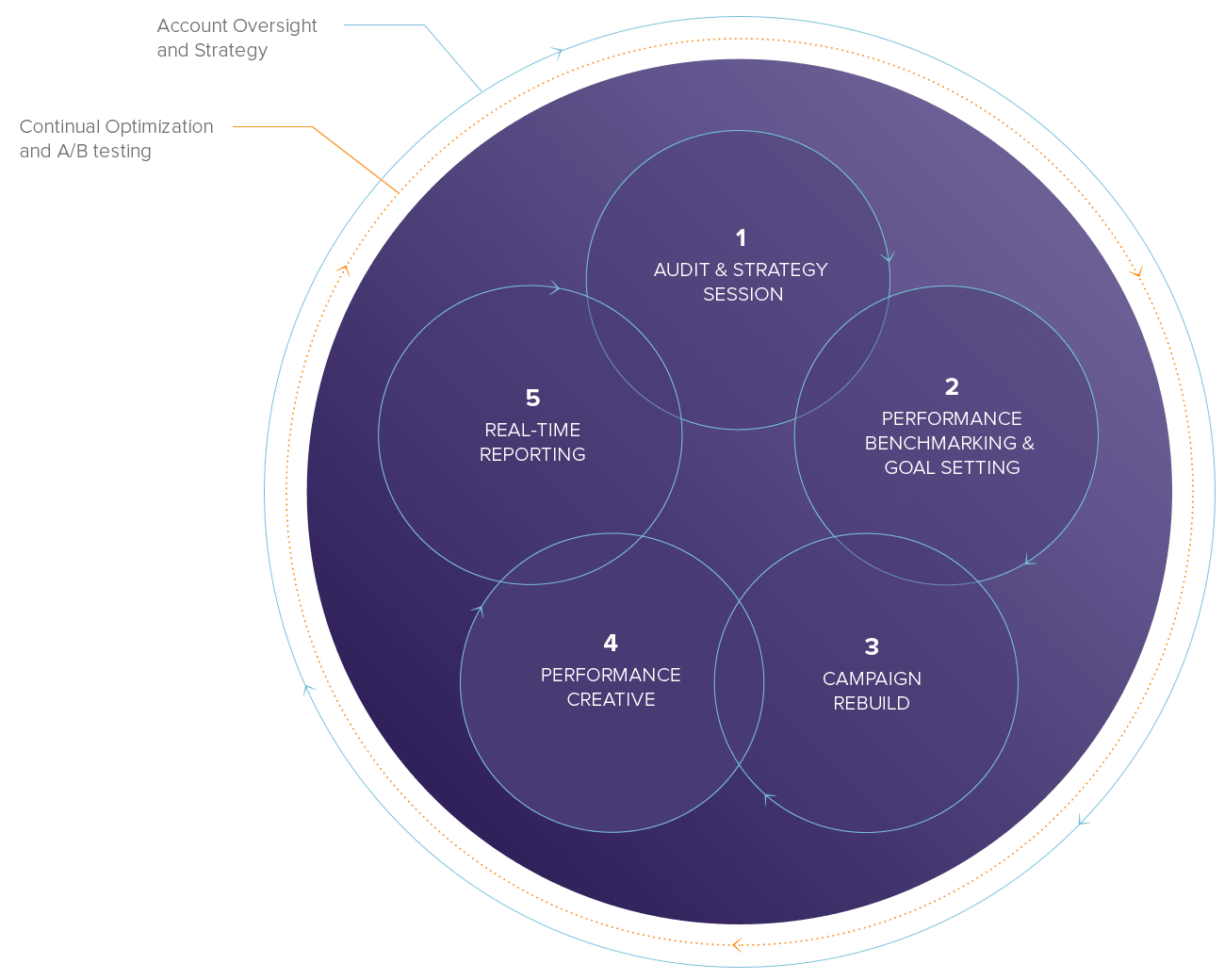SEO Strategies for 2014
It’s time to plan for SEO success in the New Year.
 The very first thing you need to do is have a good idea as to what’s been working for you and what hasn’t. Then, give some thought to recent Google updates and algorithm changes — and the impact these could have on your rankings.
The very first thing you need to do is have a good idea as to what’s been working for you and what hasn’t. Then, give some thought to recent Google updates and algorithm changes — and the impact these could have on your rankings.
As always, consider these four important SEO factors:
- Landing pages
- Keywords
- Content
- Links
We’ll discuss each separately … but let’s first talk a little about Google’s algorithm changes.
Google Updates
In recent months, there have been two particularly well-known and important families of updates — known as Penguin and Panda – and Hummingbird, a major overhaul of the algorithm itself.
 The Panda update was designed to lower the rankings of low-quality sites – those that don’t offer significant value to users — while rewarding those that do. This may include, for example, sites that simply copy their content from other sites and add no new value. Panda downgrades sites that provide a poor user experience and it devalues sites that offer only “thin content” – content that has no real value or substance.
The Panda update was designed to lower the rankings of low-quality sites – those that don’t offer significant value to users — while rewarding those that do. This may include, for example, sites that simply copy their content from other sites and add no new value. Panda downgrades sites that provide a poor user experience and it devalues sites that offer only “thin content” – content that has no real value or substance.
The Penguin update targets webspam, penalizing sites that violate Google’s quality guidelines by using sneaky or “black-hat” techniques, like keyword stuffing. Penguin especially punishes sites that rely on buying low-quality inbound links.
Hummingbird is a different animal altogether, so to speak. This is a major overhaul of the search engine itself. It seems to be designed to better understand natural language and conversational searches, like “Where is the closest deep-dish pizza restaurant?” With Hummingbird, Google better understands your search needs and better matches the search to your location. There is less of a need to be frantically concerned with the exactness of your target keyword phrases for any particular page because Google can understand more on its own. Thanks to this change, the search results are likely to be of a higher quality and a better match to your search phrase, and better aligned to your intention.
For more information, SearchEngineLand.com has a good explanation of these Google updates with links to more reading on the subject as well.
Now let’s understand the ramifications of your strategy for the coming year.
Landing Pages
 In addition to its major updates, Google also announced that it is beginning to encrypt all organic searches and, therefore, Google Analytics will no longer provide the list of actual keywords that searchers use. For that reason, it is more important than ever that you track your key landing pages and determine which work. How many pages are doing their job and attracting first-time visitors? How many people bounce after their first visit? How many come back for follow-up visits? Which content is effective and generates sales or conversions? Which content is ineffective? Pages that are not doing their job usually have a keyword deficiency. You can make some solid assumptions about the keywords on which you are focusing for that page based on its performance, and then tweak the keywords and the content.
In addition to its major updates, Google also announced that it is beginning to encrypt all organic searches and, therefore, Google Analytics will no longer provide the list of actual keywords that searchers use. For that reason, it is more important than ever that you track your key landing pages and determine which work. How many pages are doing their job and attracting first-time visitors? How many people bounce after their first visit? How many come back for follow-up visits? Which content is effective and generates sales or conversions? Which content is ineffective? Pages that are not doing their job usually have a keyword deficiency. You can make some solid assumptions about the keywords on which you are focusing for that page based on its performance, and then tweak the keywords and the content.
Read also: 10 Best Practices to Optimize Your Landing Page
Keywords
Despite the encryption, it’s still important to target the right keyword phrases. Don’t get too worried about the exact formulation of the target phrases as you do about the content of your page. Use your landing page stats and any tracking software you can to measure the performance of your keywords, and continuously tweak and improve their quality and the copy around them. Don’t stuff! Offer real value.
Content
 Google wants to provide the best search results it can. What can you do to offer real and unique value through your content? What do your readers and prospects need that you can provide better than your competitors? And how can you make it most informative, engaging, and perhaps even entertaining? This is an enormously important challenge today. Google has always suggested that “content is king.” Now it is vastly more capable of enforcing that.
Google wants to provide the best search results it can. What can you do to offer real and unique value through your content? What do your readers and prospects need that you can provide better than your competitors? And how can you make it most informative, engaging, and perhaps even entertaining? This is an enormously important challenge today. Google has always suggested that “content is king.” Now it is vastly more capable of enforcing that.
Links
Check your link profile. If you’ve been paying for links, get rid of them. If you’ve amassed irrelevant links, get rid of them. And start again, slowly building up appropriate, high-quality inbound links. This is not easy. But if you focus on creating great content around really important high-search-volume keywords, you will find it easier to generate interest in linking to you. People will want to share your content with their circles.
Read also: There are 2 Googles – Which Should You be Listening To?
Some Words About Mobile
Google has also made it clear that mobile is increasingly important. If you check your own analytics, you may be surprised at how many people are visiting your site via their smartphones and tablets.
Since this isn’t a “How-To-Do-Mobile” article, we won’t get into specifics. But, without a doubt, now is the time to develop your mobile strategy. I recommend you seek professional advice. Don’t just throw together a separate mobile site. If you have the capability and the resources, a single, responsive site is a far better approach.
Read also: Next: Responsive Email Templates
Download your SEO cheat sheet now!
By Brian Cooper, SEO director at OpenMoves, adapted, with permission, from an article that first appeared in LIBN.com












